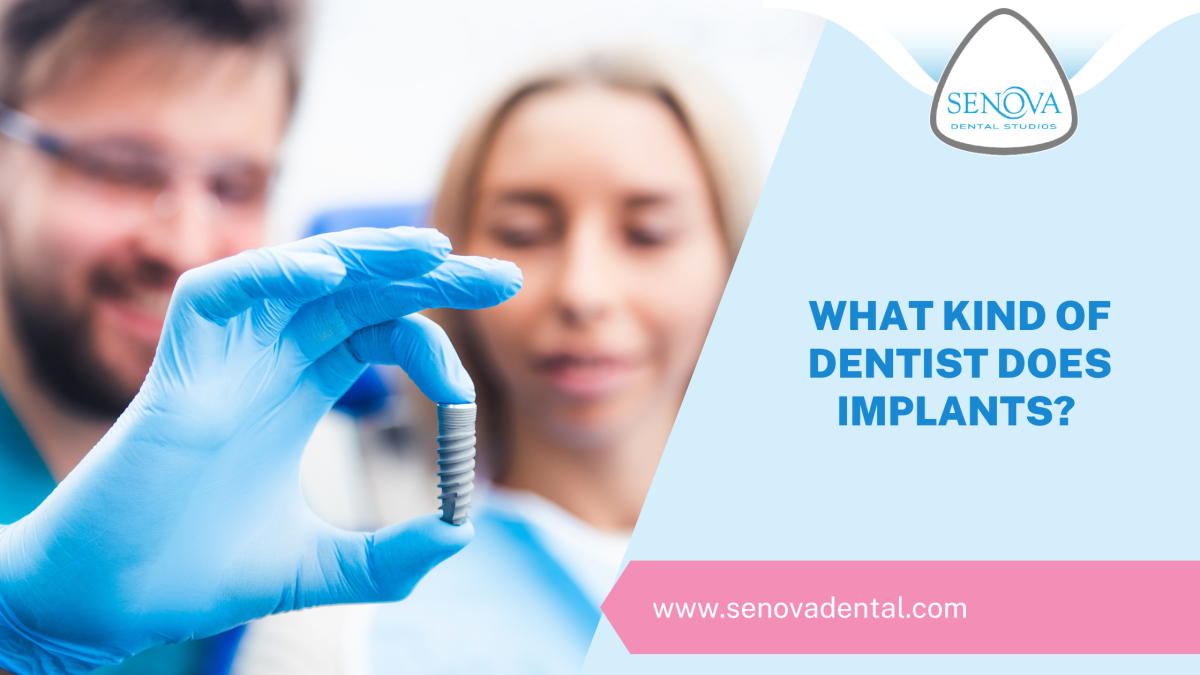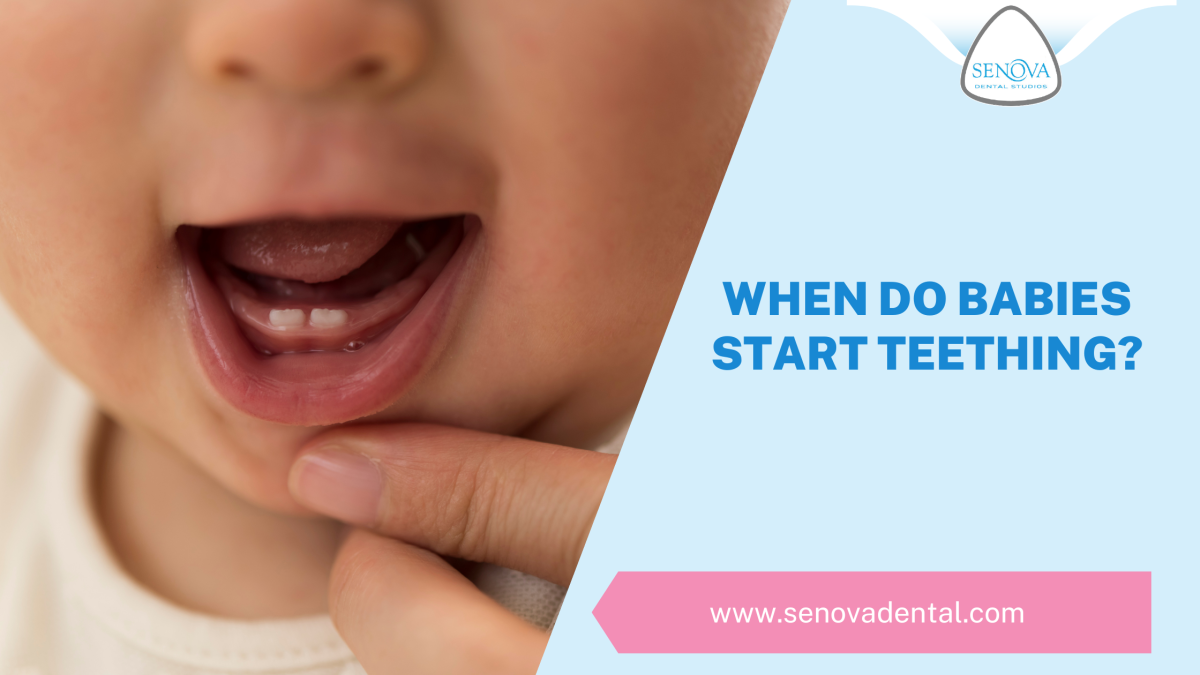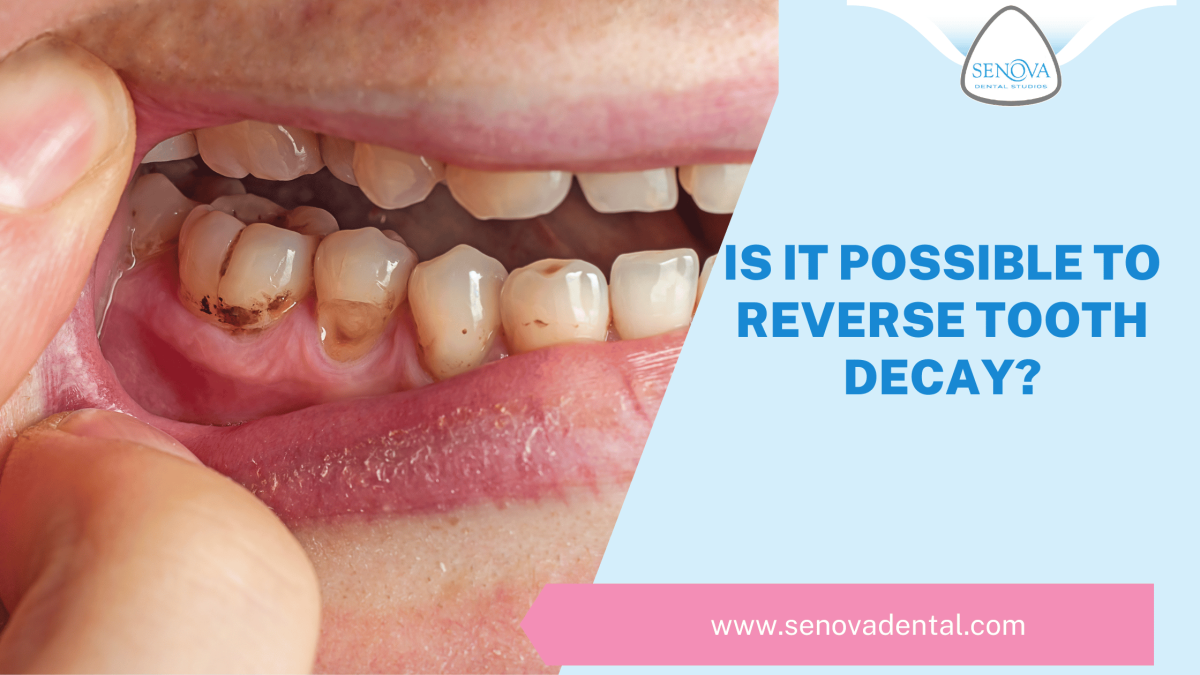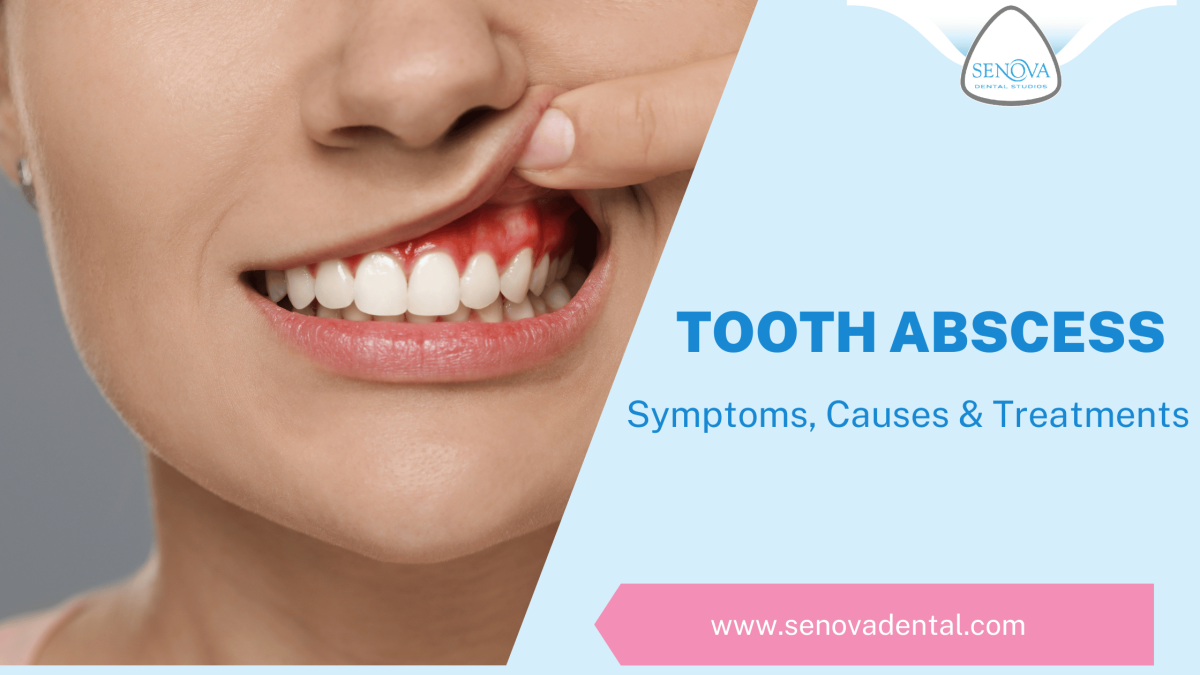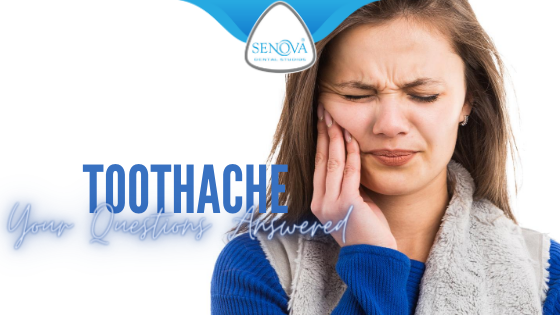
Like other dental emergencies, a toothache can pop out of nowhere! Whether it is because of sensitive teeth, gum disease, or a fractured tooth, a toothache is one of the most agonizing pains one can suffer from. Naturally, people have lots of questions regarding an issue that they commonly encounter – toothache. This article covers questions that patients frequently ask their dentists about dental pain.
Can Toothache Cause Headache?
There are a variety of dental conditions that can cause a headache:
- Teeth Grinding – when you grind your teeth, it puts excessive pressure on one or both of your jaw joints. Prolonged tooth grinding can lead to severe headaches.
- Referred Pain – sometimes, pain that arises from a tooth can be referred to the head, causing headaches.
- Nervous Problems – this is a condition characterized by the irritation in one of the trigeminal nerve branches – the nerve that gives sensation to our teeth, jaws, and the head.
Can Toothache Cause Ear Ache?
Yes, it is possible, in the form of referred pain. Referred pain means that the pain is actually arising from any other part of the body (in this case, your teeth). However, your body perceives it to be coming from your ears. Referred pain arises in organs that have a common nerve supply.
Why Is Toothache Worse At Night?
There are several reasons why a toothache is more severe in the night:
- More Blood Supply – when we go to bed, our head is positioned to receive more blood supply than when we are standing up. The more the blood supply to the teeth, the more pain you will feel.
- Lesser Distractions – during the day, we are busy with our work. Therefore, we feel lesser pain. However, when we have a lesser distraction in the night, we feel more pain in the teeth. The intensity of the pain remains the same. However, we perceive it to be more intense during the night.
- Tooth Grinding – some people have the habit of unconsciously grinding their teeth, aggravating the toothache.
Will Toothache Go Away?
Whatever the reason behind a toothache, it will go away as soon as the underlying cause is removed. For example, toothache caused due to tooth sensitivity goes away as soon as you finish your cold or sweet food and drinks.
Similarly, if something is stuck between your teeth, it will go away as soon as you remove it. Moreover, dental pain because of an underlying infection normally goes away after taking pain medication.
However, in advanced stages, when the dental pulp has become irreversibly inflamed, painkillers are not effective. The only solution in this situation is root canal treatment. If your dentist feels that the damaged tooth cannot be saved, they recommend getting the tooth extracted.
How To Tell The Difference Between A Sinus Infection And An Abscessed Tooth?
Pain that occurs because of a sinus infection typically manifests in the form of dull, continuous pain. Furthermore, you may feel an increase in the pain intensity when you move your head sideways or up-and-down.
On the other hand, when you have an abscessed tooth, you will feel a sharp pain that gradually increases in intensity. If you touch an abscessed tooth, you will probably feel a sharp, severe jolt of pain.
How Long Does Wisdom Tooth Growing Pains Last?
You may feel pain when your wisdom teeth are piercing through the teeth gums and erupting in the oral cavity. The duration of wisdom tooth growth varies with each person.
The pain will go away as soon as the tooth becomes visible in the oral cavity. The wisdom teeth growth pain may get prolonged if there is a complication in its eruption, such as when one of the teeth get impacted or when there is insufficient space for complete tooth eruption. You may use warm water, or salt water gargles to reduce the swelling in the region.
What Causes A Throbbing Tooth Pain That Comes And Goes?
If you have a throbbing type of pain in one of your teeth that gradually increases in intensity, it may be an abscess. An abscess is a pus-filled cavity lesion that forms around the tooth’s root due to a dental infection. One of the initial signs of a dental abscess is a throbbing pain that doesn’t go away, even after taking pain medication.
Toothache, in most cases like tooth decay, gum disease or teeth sensitive to hot or cold drinks, can be easily avoided if we simply maintain optimal oral hygiene.
Moreover, you should never take dental pain lightly. If the pain does not go away after taking pain medication, you should immediately seek expert dental care! A toothache might be an indication of a more severe underlying dental problem that required emergency dental treatment.
HOW TO GET AN EMERGENCY DENTIST APPOINTMENT
If you have any of the above we strongly advise you to contact the practice as soon as possible, the best way to do this is by calling 01923 233600. If the practice is closed please follow the instructions on the answerphone to access our emergency dental service.
- What Kind Of Dentist Does Implants? - December 1, 2024
- When Do Babies Start Teething? - October 26, 2024
- Is It Possible To Reverse Tooth Decay? - September 29, 2024

